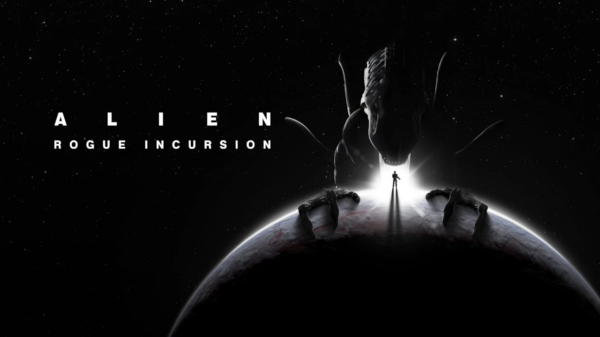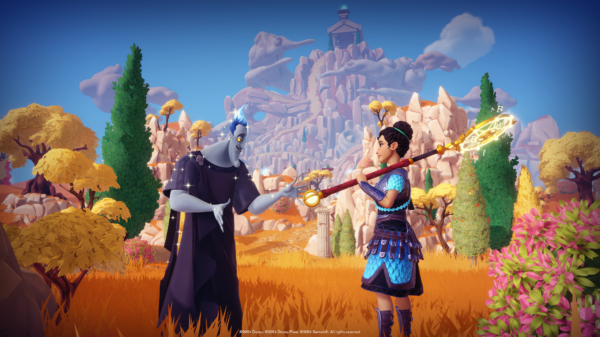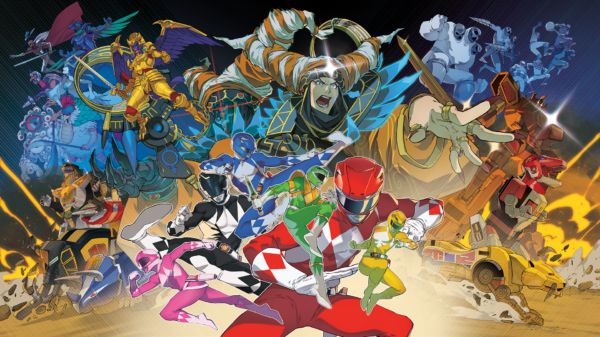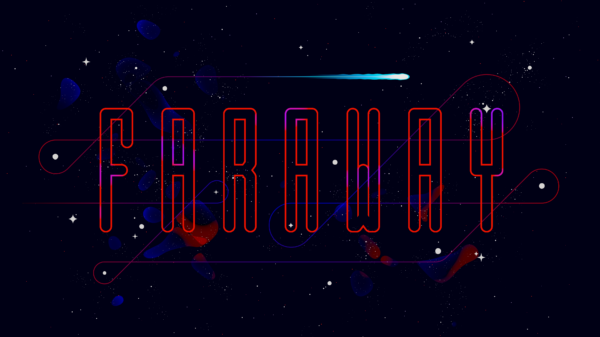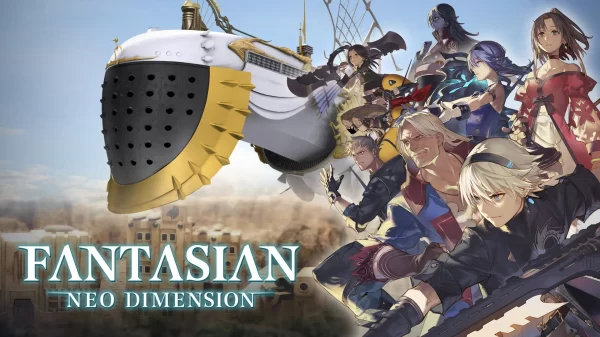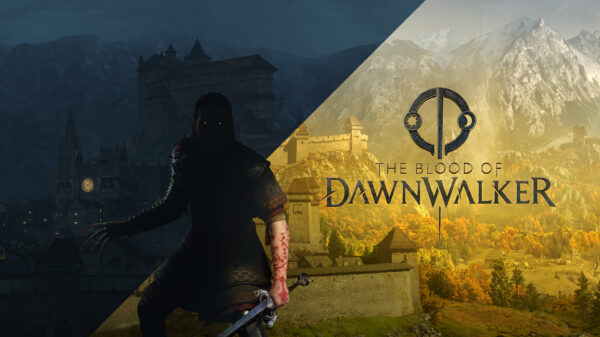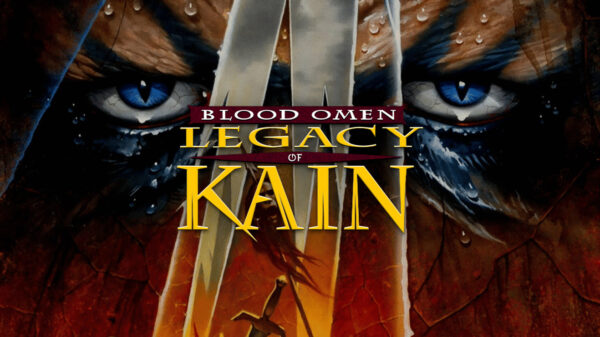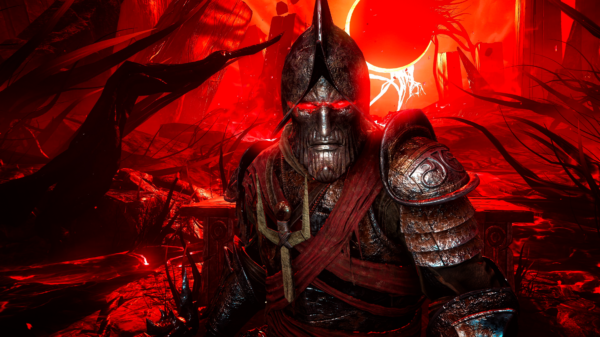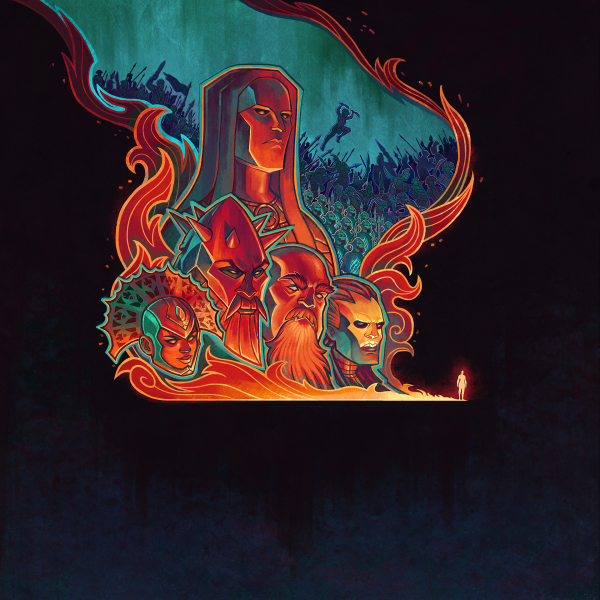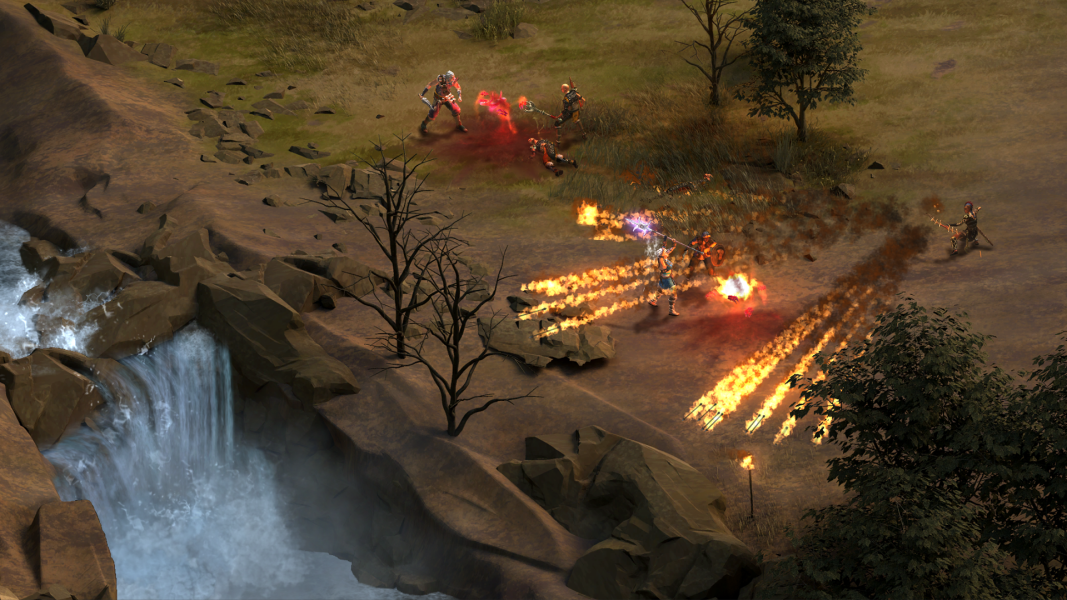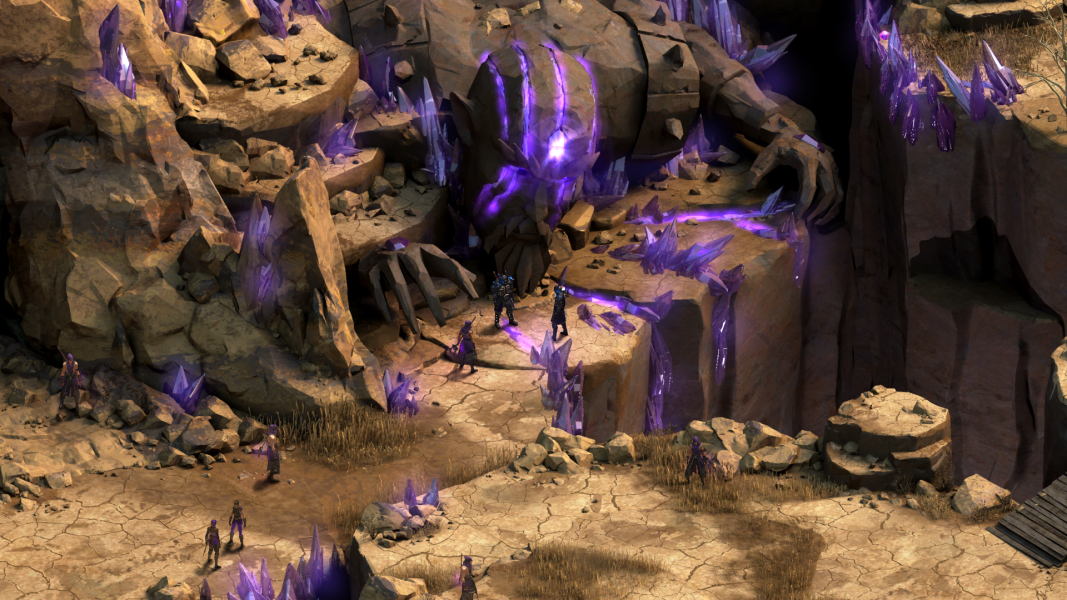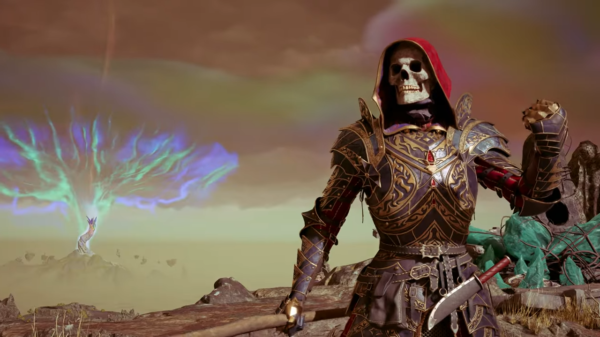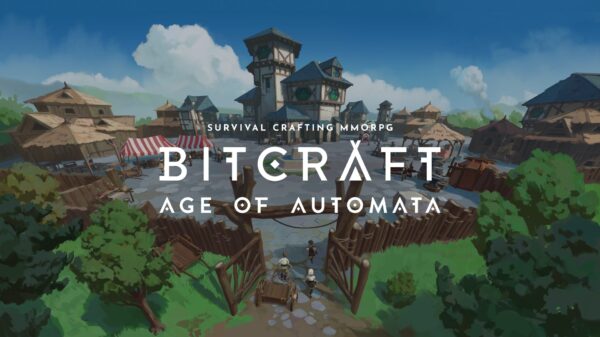Tyranny is Obsidan’s next game and it hopes to deliver on its goal of a curated story in a world shaped by your choices. In the same vein as Pillars of Eternity, the foundation of Tyranny is an isometric one, recalling Diablo and Baldur’s Gate of the past with a modern imagining. The theme of this transitional period RPG focuses on choices and reactivity through its characters, progression, and rich storytelling.
Obsidian breaks tradition this time around in avoiding the good vs evil trope and instead places you in a world where evil has won. Meaning the player’s character lingers in a sort of gray area as a subordinate of the overlord Kyros. Starting in a position of authority is a path less traveled in storytelling, and as a Fatebinder, the starting state of the world is shaped through your decisions. Set in the fictional backdrop of the transition between the Bronze and Iron Age, the stylized characters and environments reflect the harsh landscape ravaged by war, greed, and corruption.
Our hands-off demo walked us through two scenarios in Plainsgate, or Halfsgate, an area you’ll encounter in the game. In the first, Plainsgate is portrayed as a fertile cropland devastated by people. A public trial held by the Scarlet Chorus regarding a captured beastmen offers selecting alliances, gaining reputation, and progression via a choice based classless system. You can either side with the villagers who see the beastmen as a threat, let the Scarlet Chorus handle, or take the control of the situation as an authority figure.
The second scenario paints a grim picture, as the environment is torn in half due to your prior choices and allegiances have shifted. A whole new set of quests appear but the ones I mentioned before are not. Imagine the entire paragraph above just vanishing, that’s what Tyranny hopes to accomplish with its reactive world. Here, I also caught a glimpse of the combat system which plays out in real-time with pauses to shift up strategy or to queue up movement and actions. The party can be paired up and a companion system allows for special abilities in battle achieved through reputation building. For magically inclined users, a spell creation system offers an array of combinations in combat.
Tyranny’s different conversation options affect reputation, earned abilities, and quests unlocked. From Obsidian’s viewpoint, everything is intertwined with the personal journey and the classless progression is a reinforcement of that. How one converses to completing a quest chain, the player learns new abilities by using them and defining their role throughout. It’s a foundation that the development team is taking one step further in the scalable Infinity Engine.
Take the branching storylines of Alpha Protocol and the mechanics of Pillars of Eternity and you get the best of both in Tyranny. Paradox Interactive is publishing this one and role playing game enthusiasts can look forward to its release before the end of 2016.

